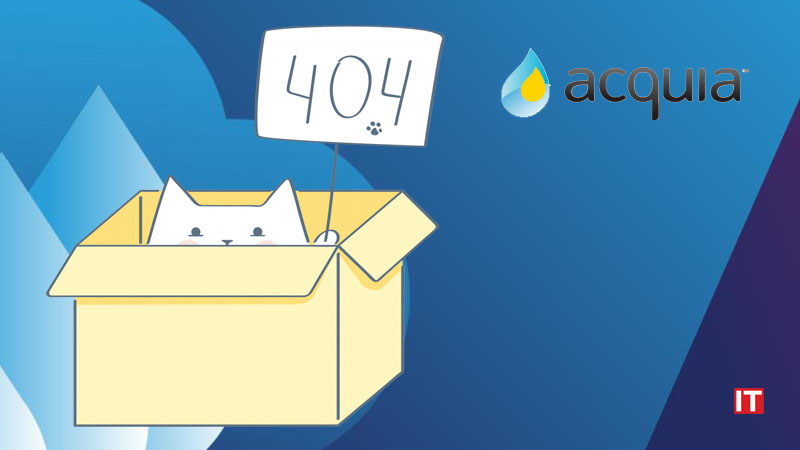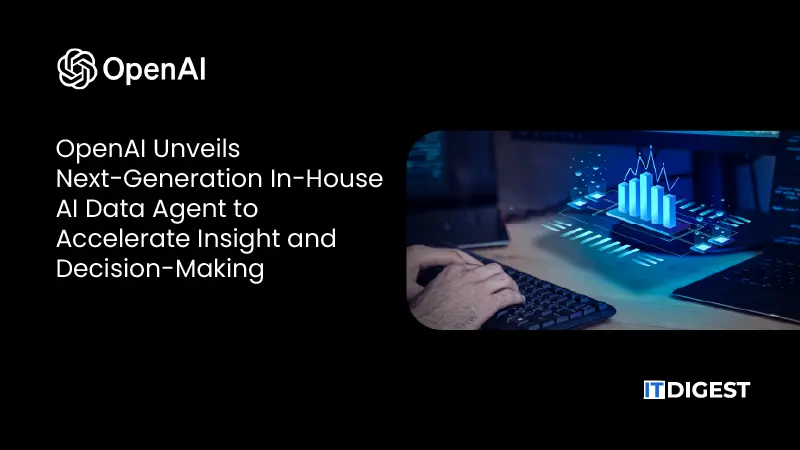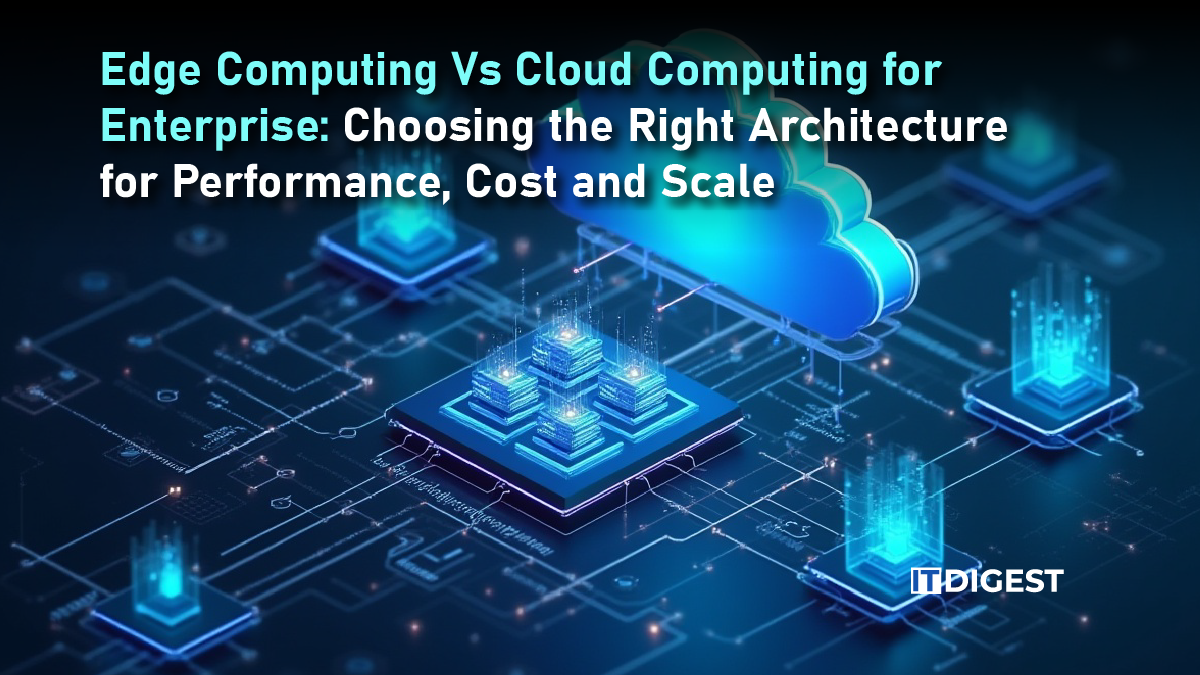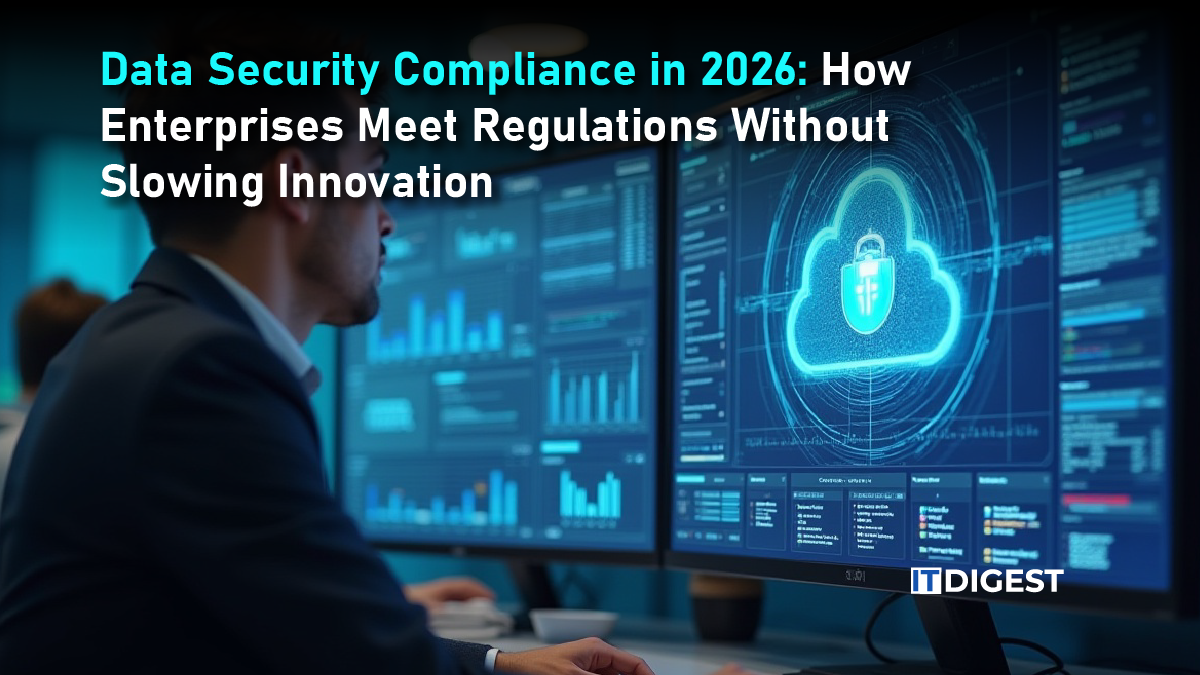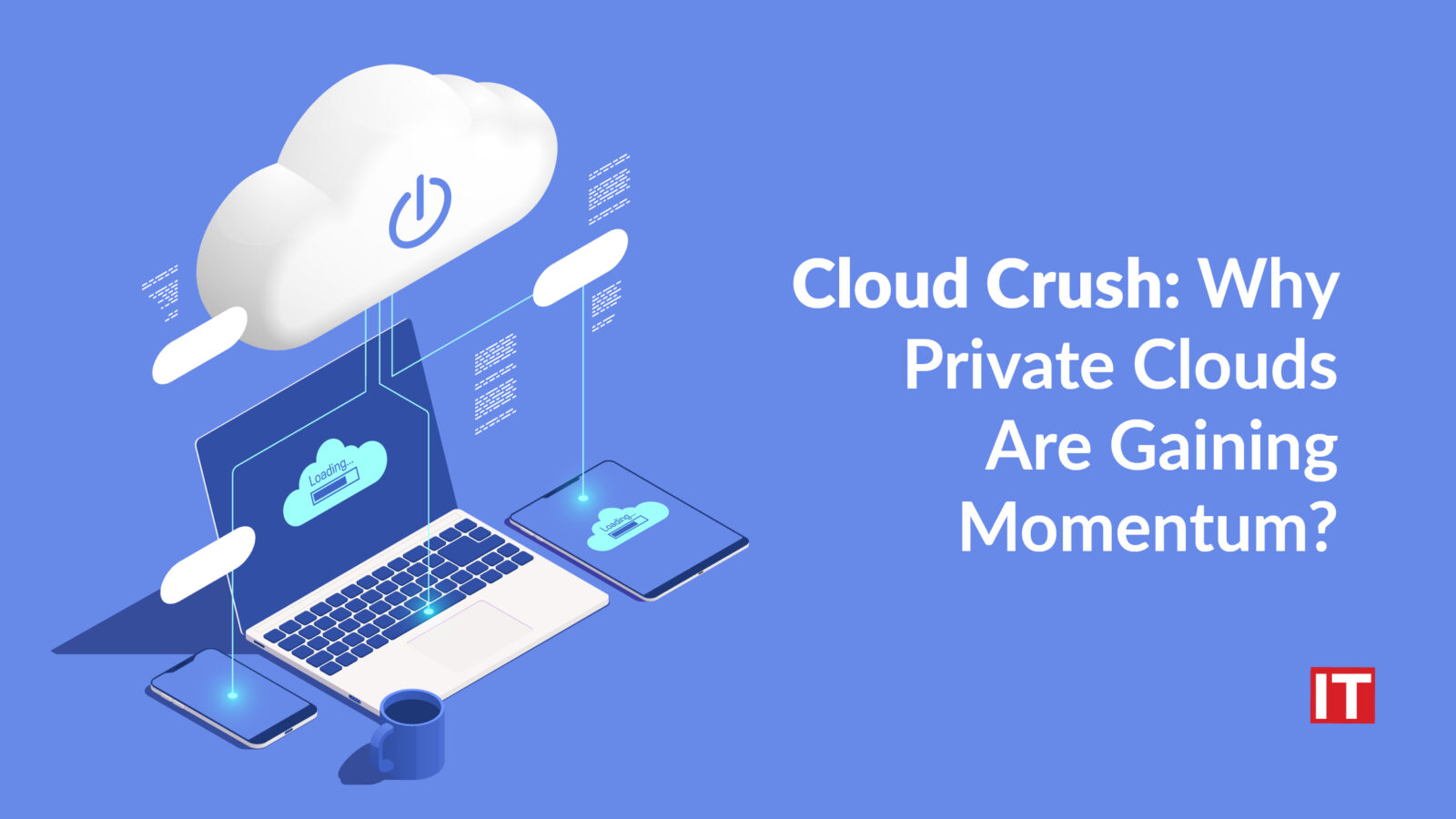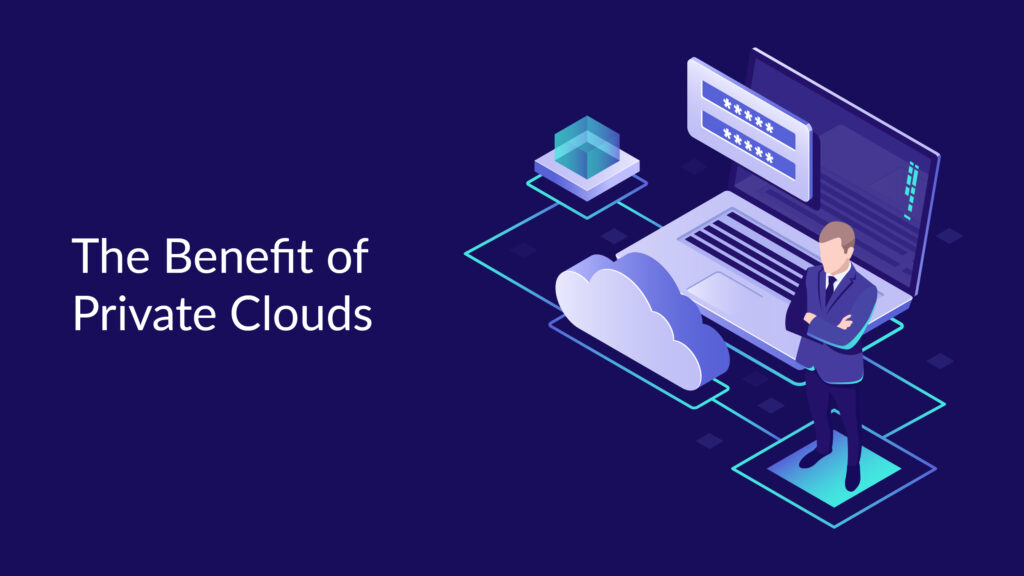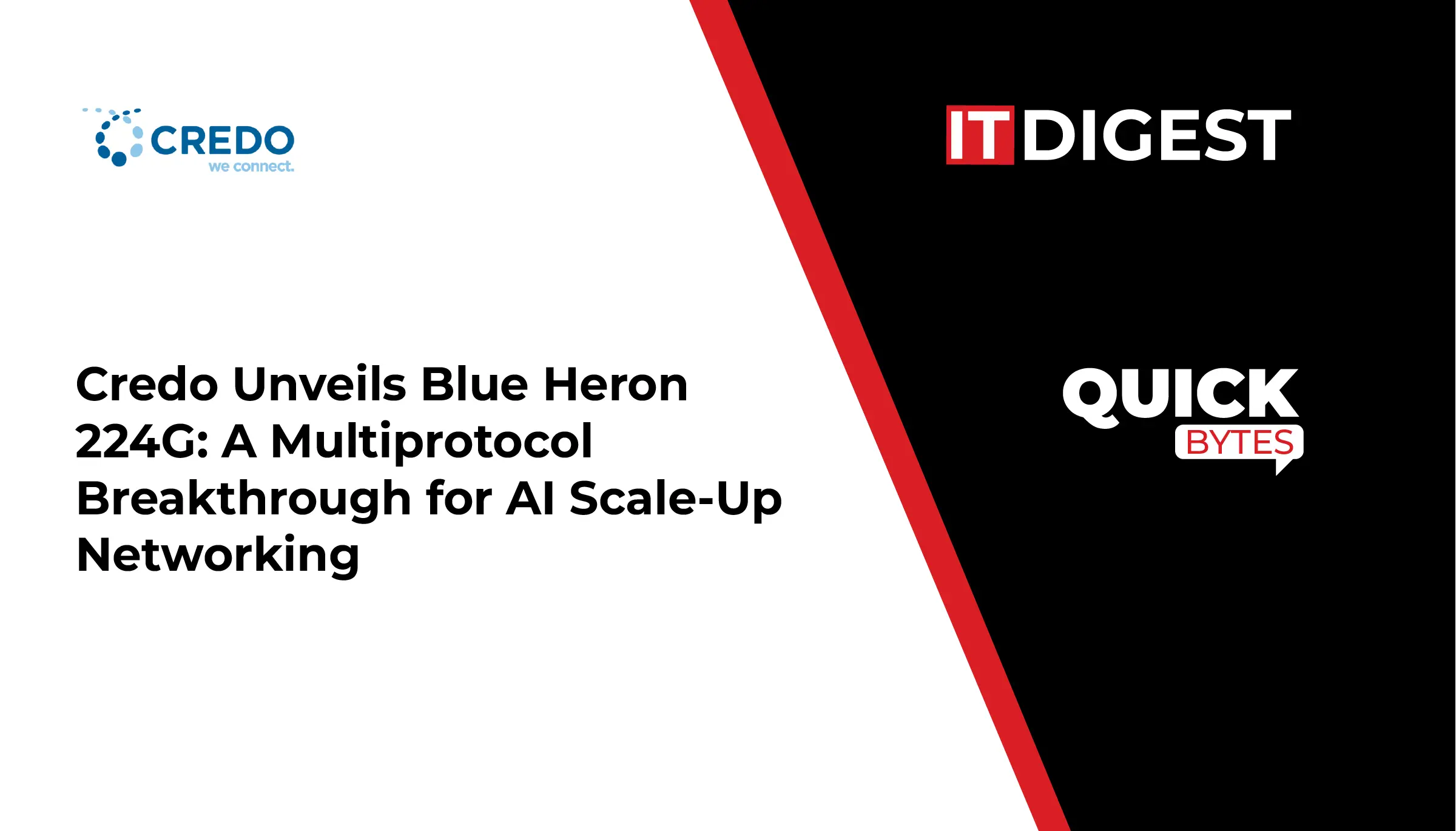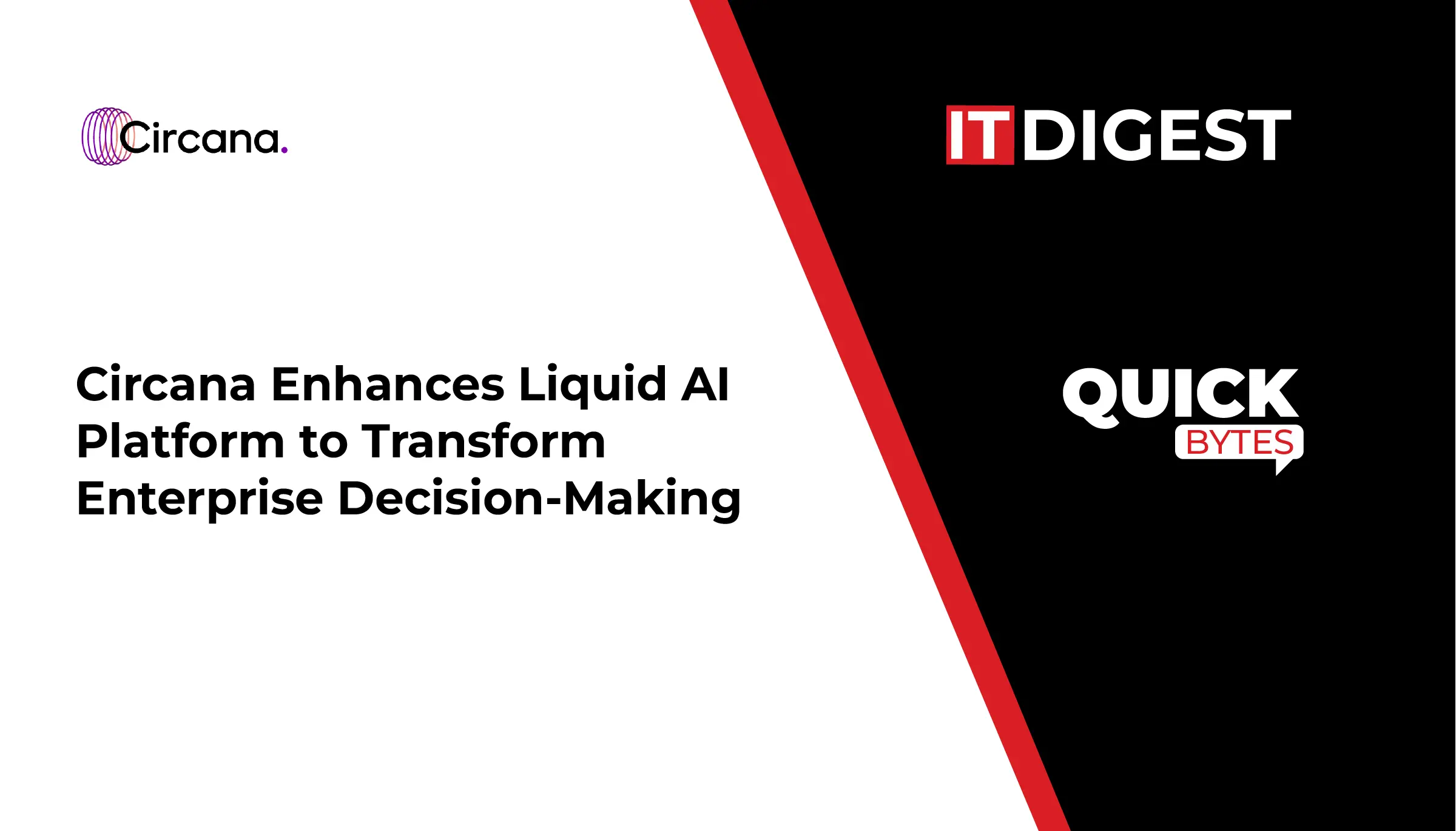Private cloud computing is a sort of cloud computing that offers many of the same benefits as public cloud, such as scalability and self-service, but through a private architecture. It is also known as an internal or corporate cloud, is dedicated to a single organization’s needs and goals, whereas public clouds provide services to various businesses.
Why Private Cloud?
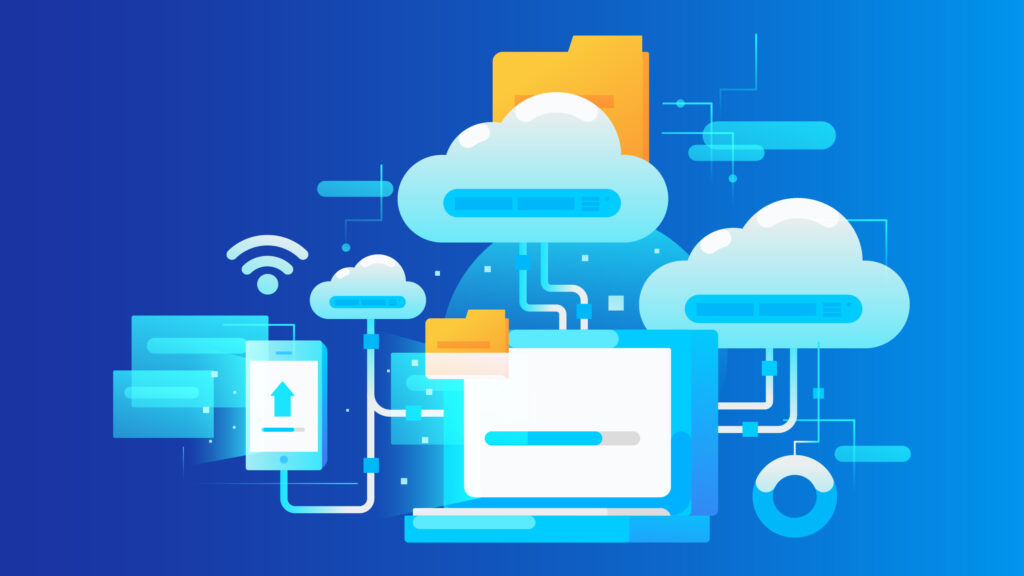
A private cloud is a single-tenant environment, which means that the tenant does not share resources with other users. Those resources can be managed and hosted in a number of ways. The cloud could be built on existing resources and infrastructure in an organization’s on-premises data center or on new, distinct infrastructure offered by a third-party provider. In some circumstances, virtualization software is used to create a single-tenant environment. In any instance, a single user or tenant has access to the cloud and its resources.
Many businesses choose private cloud to public cloud because it is a more convenient (or the only) way to meet regulatory compliance requirements. Others prefer the such cloud because their workloads involve proprietary papers, intellectual property, personally identifiable information (PII), medical records, financial data, or other sensitive information. An organization can provide itself the option to shift workloads to the public cloud or run them in a hybrid cloud by designing a cloud architecture based on cloud native concepts.
Benefit of Private Clouds
Hardware and Software Customization
Customers who use a private cloud have the option of purchasing their own hardware and software rather than the hardware and software offered by the cloud provider. Customers that use the such cloud can modify their servers in any way they want, and they can customize software as needed using add-ons or custom development.
Cheaper costs
Many of you will be perplexed as to how a personal cloud can be less expensive when you have to spend in hardware as well as the time to configure it. Yes, it does necessitate an initial financial investment, as well as time and work. However, it will be less expensive in the long term. The cost of one TB of online storage can be returned in less than two years if you have your own cloud, and it will then be free for the same capacity!
Larger storage
There is always a limit to how much storage you can access for free when using internet tools. Once you cross that line, the free portion of the service becomes a paid service. That’s acceptable if the amount of data you wish to save isn’t too large and won’t go over the limit. In comparison, a local cloud storage solution can provide terabytes of storage rather than the gigabytes accessible for free with online tool providers.
Data Sync
You can have the same functionality of a central repository that makes your data accessible from all of your own devices as you can with various internet solutions. You don’t have to worry about losing track of what you left on which device because your data is synchronized across all of your devices. A private cloud computing model is appropriate for enterprises with dynamic or unpredictable computing demands that require direct control over their environments, such as to meet security, business governance, or regulatory compliance requirements, due to its proprietary nature.
Security
Although it’s a prevalent misperception that the public cloud is insecure, different providers will take different steps to safeguard your data. Despite this, most IT professionals are concerned about public cloud security. If your company’s security is a primary priority, the this cloud has some extra advantages. Instead of using the public internet, it uses secure networks to maintain the physical security of on-premise servers.
Conclusion
Private clouds have the potential to be more secure than public ones. Organizations must proactively make sure that security is robust and up-to-date in order to profit from the private cloud. The private cloud might have a lot of benefits if a business is careful about security. Physical security may be simpler to manage because private clouds are restricted to certain physical equipment.


